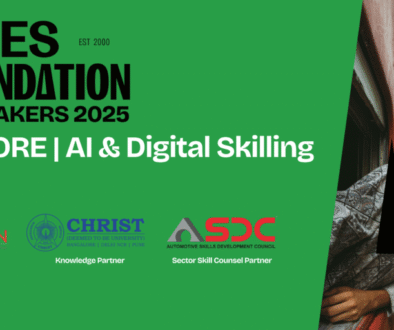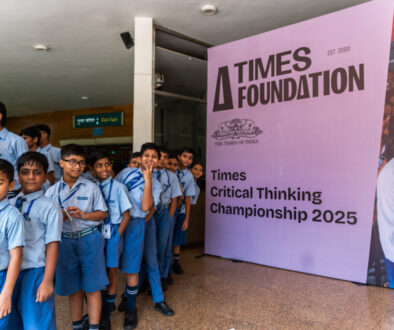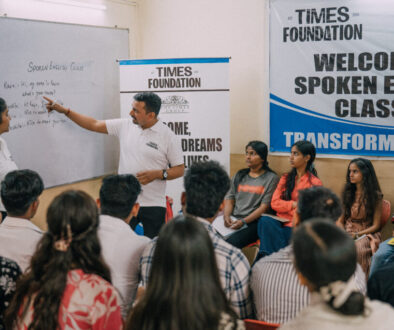Critical Thinking: Thinking is a Radical Act. And We’re Teaching It.
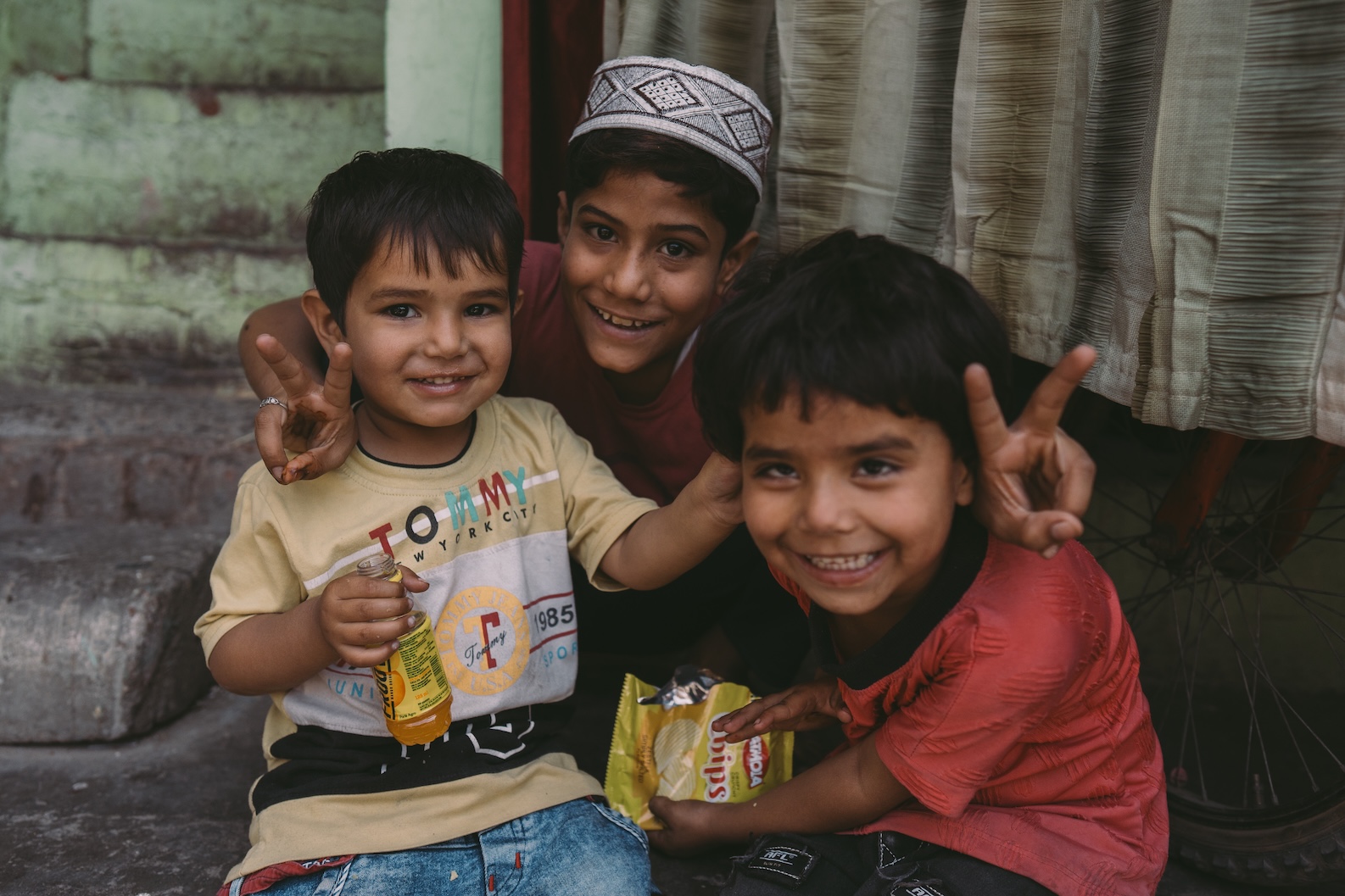
It All Starts With a Question
In a modest classroom in Shahdara, a young girl raised her hand and asked,
“Why do we always learn English from books written somewhere else and not from our own stories?”
The teacher paused. The room fell silent. Slowly, other hands went up. What followed wasn’t a grammar lesson, but a shared moment of reflection and curiosity.
Across many classrooms in Shahdara, children are taught to memorise, not to question. They learn to follow rules, but not to think for themselves. Often, they struggle to tell the difference between fact and opinion, between knowing and understanding.
That moment wasn’t in the textbook. But it was where real learning began.
The Power of Asking Why
Across schools in India, similar sparks are quietly being lit.
Children are moving from memorising to questioning. From rote answers to reasoned reflection.
This shift isn’t accidental.
It’s a deliberate act—rooted in the National Education Policy 2020, which calls for a transformation in how we assess and engage young minds.
As NEP 2020 puts it:
“Assessment will shift from rote memorisation to higher-order skills such as critical thinking.” (Section 4.34)
In an age of fake news, algorithmic control, and rapid change, teaching young people how to think—not what to think—isn’t a luxury. It’s a national necessity.
From Curriculum to Confidence
Think! Critically, a flagship initiative by the Times Foundation, is a bold response to this mandate.
Designed as a K–12 future-shaping program, it integrates structured curriculum, dynamic facilitation, and real-world mentorship to nurture what NEP envisioned: learners who are reflective, resilient, and ready for tomorrow.
Students don’t just memorize. They distinguish fact from opinion, evaluate arguments, and recognize bias. They isolate problems from noise, question assumptions, and learn to think critically—even when it’s uncomfortable.
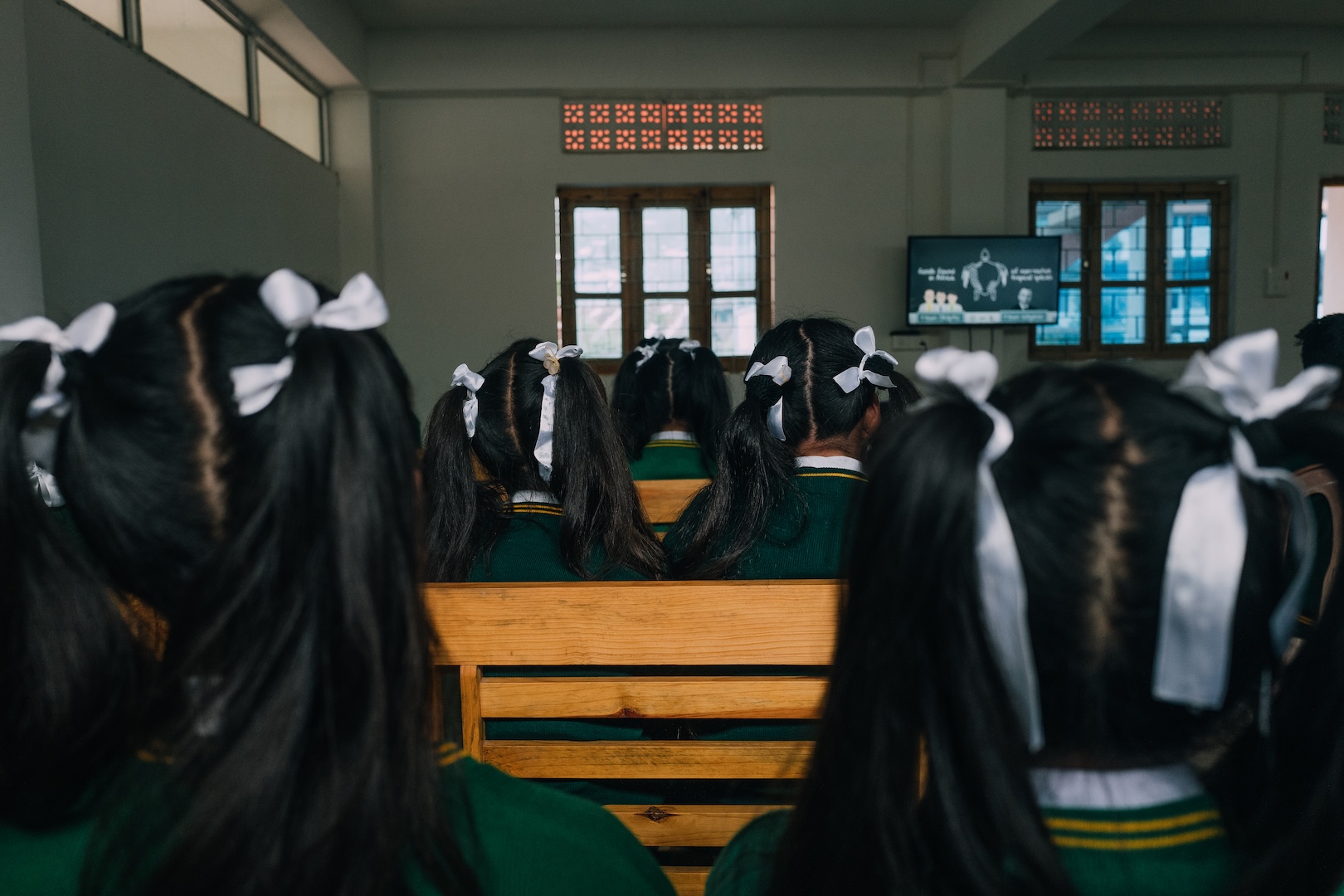
Teaching Thought, Not Just Syllabi
Think!Critically operates through four powerful pillars:
1. Curriculum Design & Development
Tailored learning modules that foster inquiry, problem-solving, and evidence-based reasoning.
2. Teacher Training & Facilitation Support
Educators are equipped to shift from instructing answers to guiding exploration.
3. Student Guidance & Mentorship
Young learners receive continuous support to reflect, grow, and articulate their own truths.
4. TCTC – Times Critical Thinking Championship
A national platform where students demonstrate their ability to question, debate, and lead with thought.
What NEP Envisioned, Think!Critically Embodies
With every session, the program brings NEP 2020’s vision to life:
- Problem Solving: Students analyze challenges and make sound decisions.
- Emotional Strength: Learners build self-awareness, resilience, and composure.
- Soft Skills: Communication, collaboration, and adaptability are woven into the learning.
- Mentorship: Regular feedback and support drive transformation beyond academics.
Why This Work Matters Now
In India today, only 9 percent of youth are truly equipped to solve real-world problems. One in five lack even basic preparedness, leaving them uncertain and unequipped to navigate everyday challenges. At the same time, nearly 90 percent regularly come across fake news, yet only 60 percent feel confident in telling what is true from what is not.
The gap between information and insight is growing. Exposure alone does not lead to understanding. Young people need the skills to question, reflect, and think with clarity.
Think!Critically is working to close that gap through every classroom it reaches.
A Classroom Becomes a Catalyst
In these sessions, students learn to express their thoughts with clarity and confidence. Many who once stayed silent now speak up, dream bigger, and articulate their aspirations with conviction.
Educators and volunteers don’t just teach. They mentor. Whether retired professionals, young facilitators, or corporate leaders, they leave each session inspired by the curiosity and courage of the students they support.
This is not just teaching. It is transformation.
Thinking Is a Radical Act
India doesn’t just need coders or clerks.
It needs listeners, questioners, and builders of a more thoughtful tomorrow.
When young people learn to think critically, they become citizens of change—able to spot misinformation, stand firm in truth, and create with empathy.
And today, it’s already happening.
In classrooms across India, students are learning to think.
And that changes everything.
The gap between information and insight is growing. Exposure alone does not lead to understanding. Young people need the skills to question, reflect, and think with clarity.
Think!Critically is working to close that gap through every classroom it reaches.
